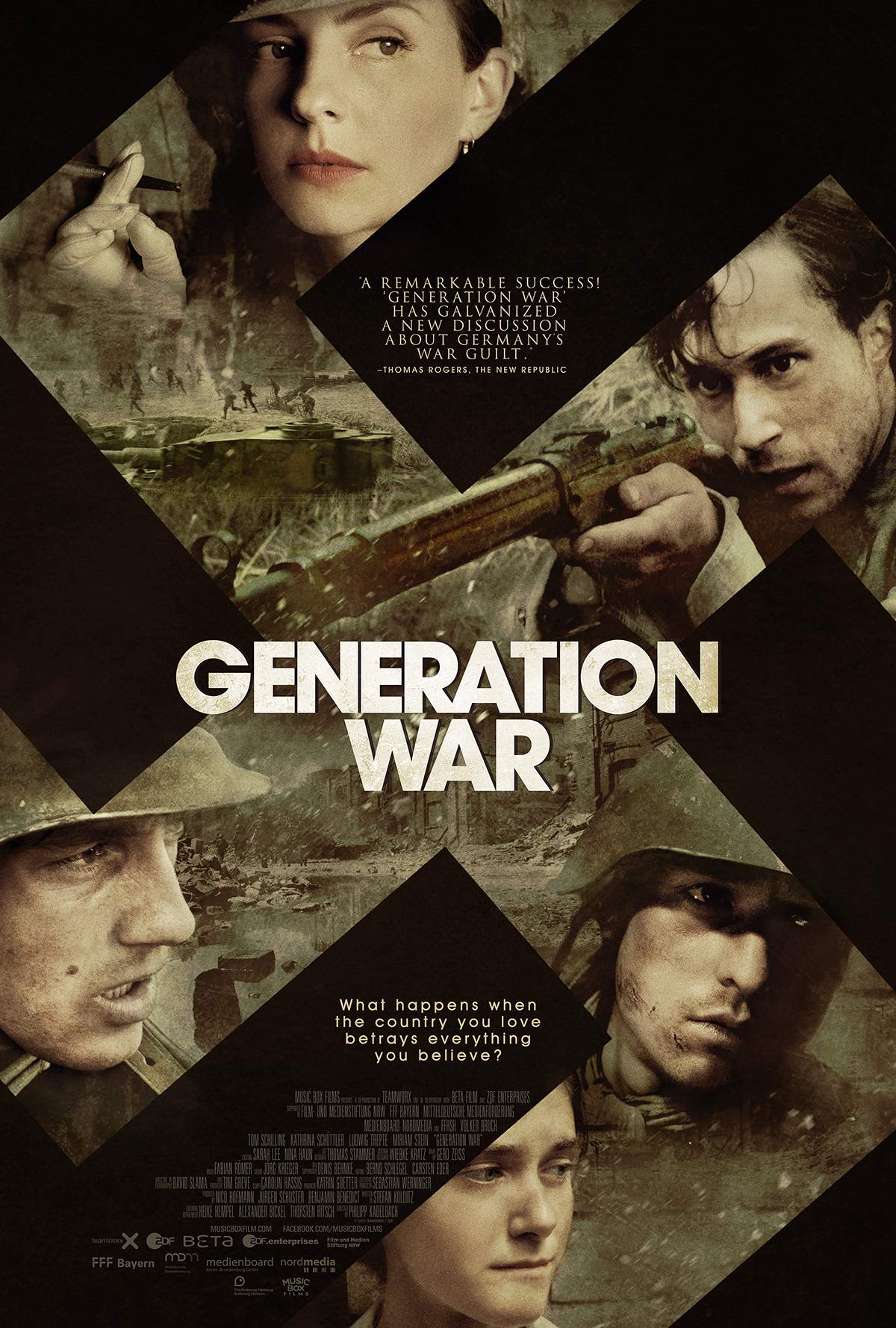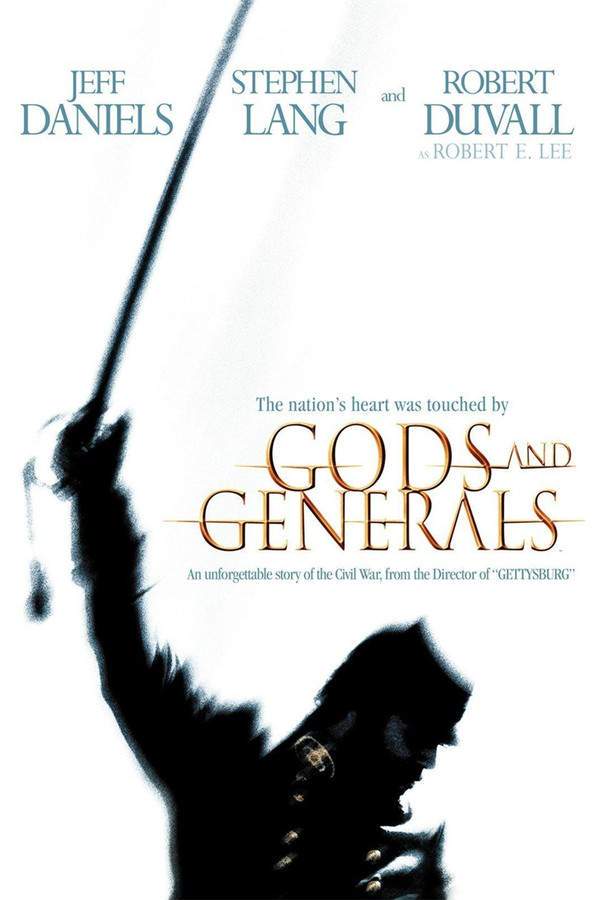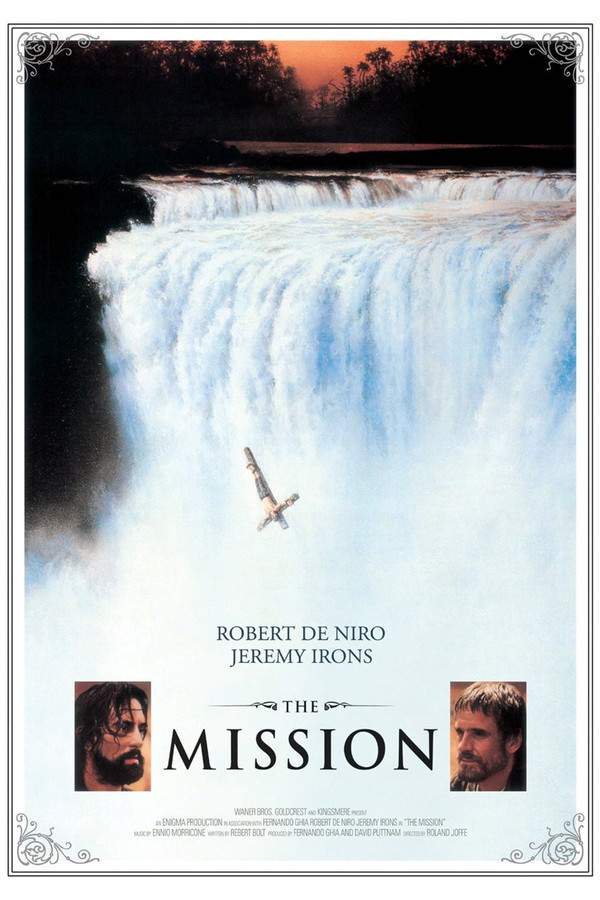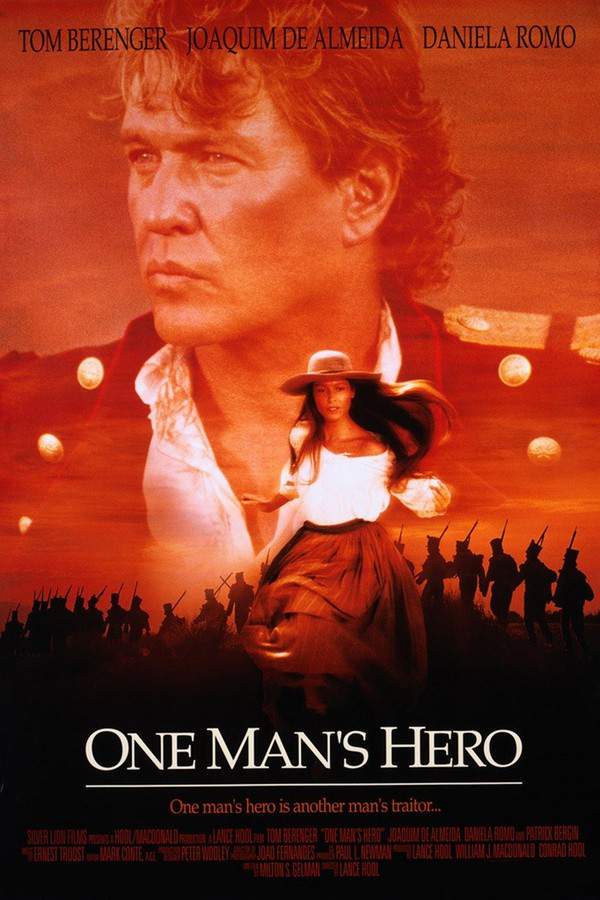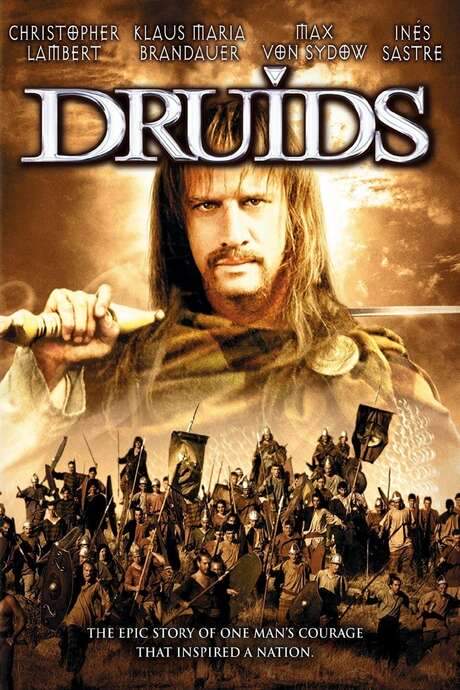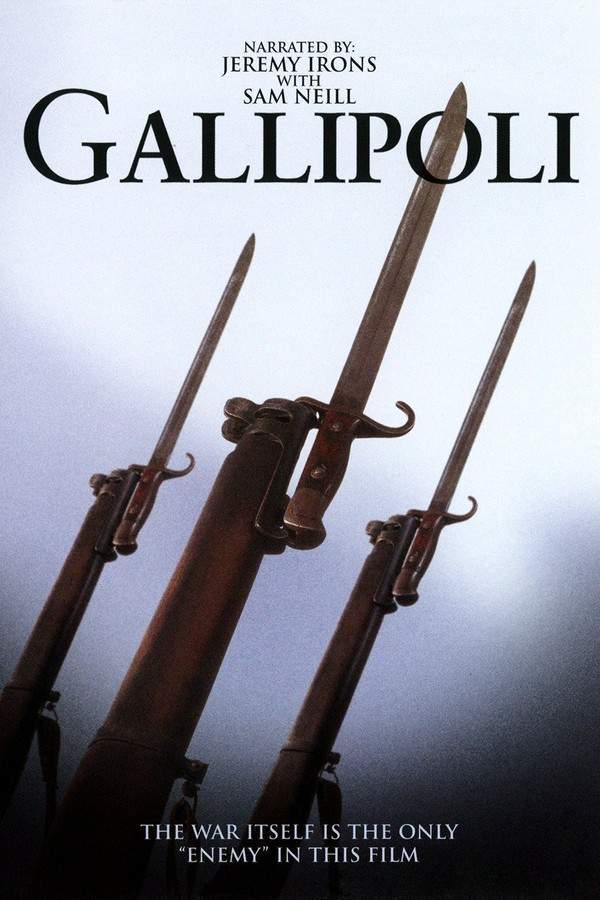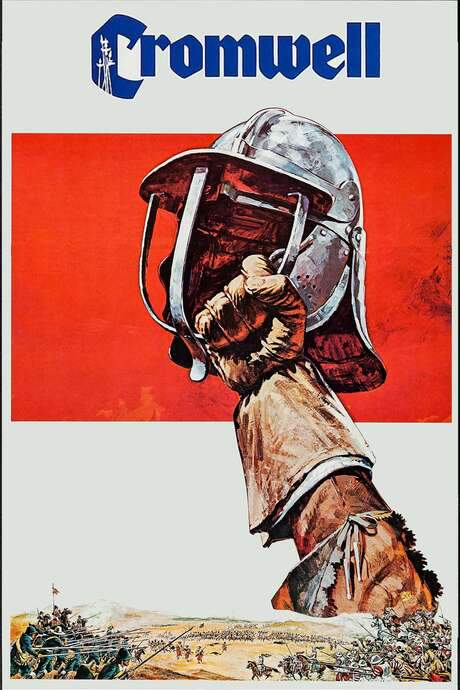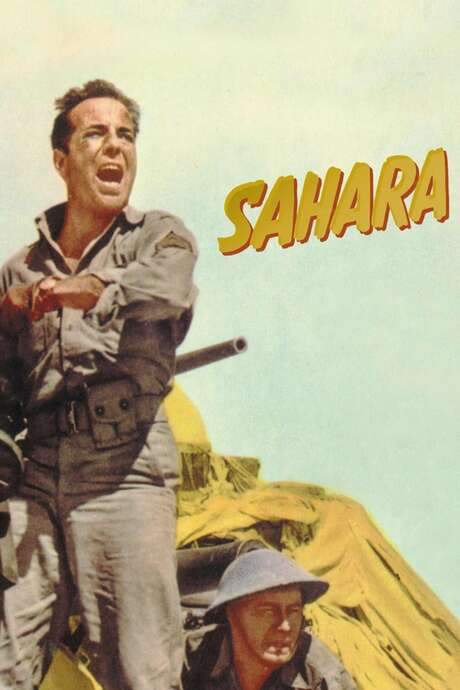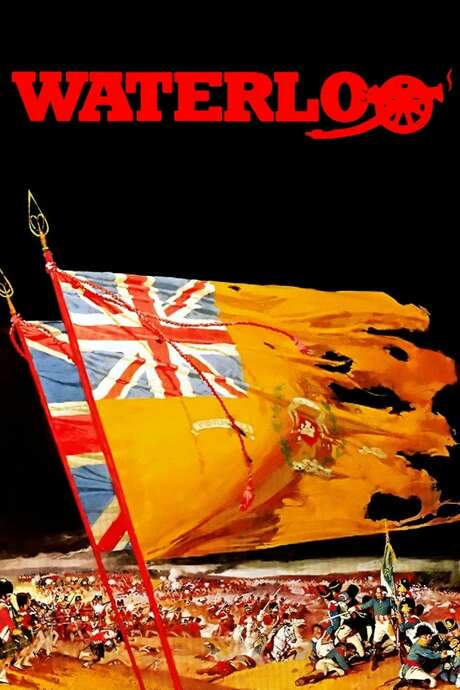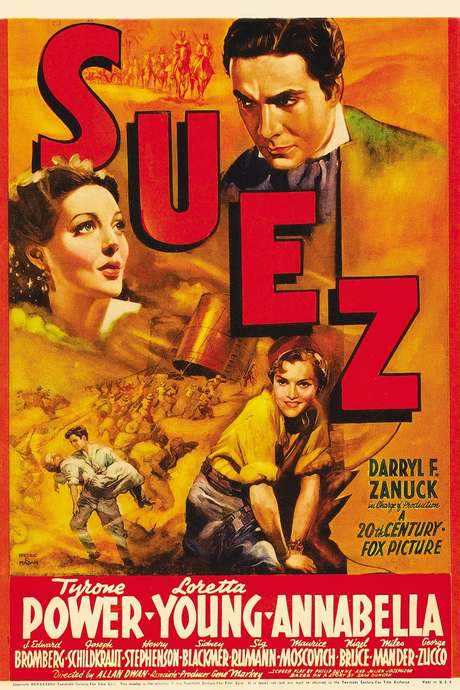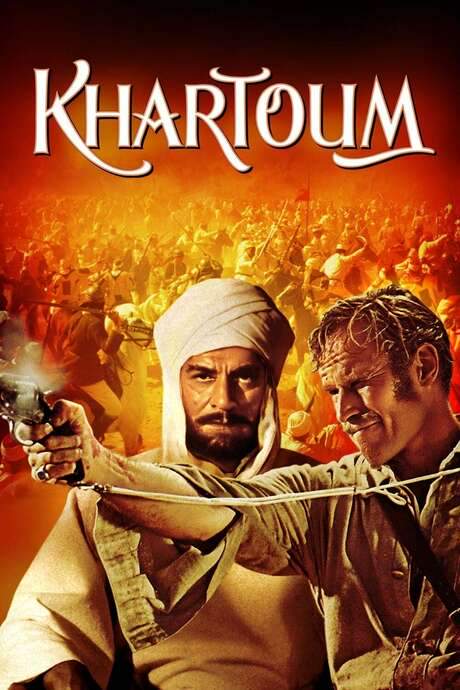
Khartoum
Year: 1966
Runtime: 134 mins
Language: English
Directors: Basil Dearden, Eliot Elisofon
Set along the split of the Nile, the epic Cinerama saga follows English General Charles George Gordon, appointed military governor of Anglo‑Egyptian Sudan by the British Prime Minister. Though ordered to evacuate Egyptian forces, Gordon refuses to abandon Khartoum, staying to shield its inhabitants from an advancing Muslim army threatening conquest.
Warning: spoilers below!
Haven’t seen Khartoum yet? This summary contains major spoilers. Bookmark the page, watch the movie, and come back for the full breakdown. If you're ready, scroll on and relive the story!
Timeline & Setting – Khartoum (1966)
Explore the full timeline and setting of Khartoum (1966). Follow every major event in chronological order and see how the environment shapes the story, characters, and dramatic tension.
Last Updated: October 04, 2025 at 18:38
Main Characters – Khartoum (1966)
Meet the key characters of Khartoum (1966), with detailed profiles, motivations, and roles in the plot. Understand their emotional journeys and what they reveal about the film’s deeper themes.
Last Updated: October 04, 2025 at 18:38
Major Themes – Khartoum (1966)
Explore the central themes of Khartoum (1966), from psychological, social, and emotional dimensions to philosophical messages. Understand what the film is really saying beneath the surface.
Last Updated: October 04, 2025 at 18:38
Explore Movie Threads
Discover curated groups of movies connected by mood, themes, and story style. Browse collections built around emotion, atmosphere, and narrative focus to easily find films that match what you feel like watching right now.
Movies about doomed stands like Khartoum
Stories of noble but futile last stands against overwhelming forces.Explore more movies like Khartoum that depict tragic last stands and heroic failures. If you were captivated by the story of General Gordon's defiant stand in Sudan, you'll find similar tales of principled resistance against impossible odds in these historical epics and dramas.
Narrative Summary
This narrative pattern follows a protagonist, often a military or moral leader, who refuses to retreat or compromise in the face of an unstoppable enemy or force. The story builds methodically towards a climactic confrontation that is foreshadowed as doomed, emphasizing the tragedy of idealism clashing with harsh reality.
Why These Movies?
Movies are grouped here for their shared mood of impending doom, their focus on the psychological burden of leadership in a hopeless situation, and their ultimately tragic conclusions that leave a heavy emotional impact.
Grim colonial conflict movies similar to Khartoum
Epic stories exposing the moral complexity and brutal consequences of imperialism.Find movies similar to Khartoum that explore the bleak realities of colonialism and imperial warfare. If you appreciated the complex portrayal of British involvement in Sudan, these films offer comparable depth, focusing on military strategy, political betrayal, and the heavy moral price of empire.
Narrative Summary
The narrative typically unfolds through the perspective of a conflicted agent of the empire, wrestling with orders that clash with their conscience or witnessing the devastating impact of foreign intervention. The plot often involves a military campaign or siege that highlights the strategic and human failures of colonial power.
Why These Movies?
This thread unites films through their dark tone, focus on themes like colonialism and religious war, and their depiction of leadership dilemmas within a morally ambiguous historical context. They share a steady pacing that builds tension towards a sobering conclusion.
Unlock the Full Story of Khartoum
Don't stop at just watching — explore Khartoum in full detail. From the complete plot summary and scene-by-scene timeline to character breakdowns, thematic analysis, and a deep dive into the ending — every page helps you truly understand what Khartoum is all about. Plus, discover what's next after the movie.
Khartoum Summary
Read a complete plot summary of Khartoum, including all key story points, character arcs, and turning points. This in-depth recap is ideal for understanding the narrative structure or reviewing what happened in the movie.

Khartoum Timeline
Track the full timeline of Khartoum with every major event arranged chronologically. Perfect for decoding non-linear storytelling, flashbacks, or parallel narratives with a clear scene-by-scene breakdown.

Khartoum Spoiler-Free Summary
Get a quick, spoiler-free overview of Khartoum that covers the main plot points and key details without revealing any major twists or spoilers. Perfect for those who want to know what to expect before diving in.

More About Khartoum
Visit What's After the Movie to explore more about Khartoum: box office results, cast and crew info, production details, post-credit scenes, and external links — all in one place for movie fans and researchers.

Similar Movies to Khartoum
Discover movies like Khartoum that share similar genres, themes, and storytelling elements. Whether you’re drawn to the atmosphere, character arcs, or plot structure, these curated recommendations will help you explore more films you’ll love.
Explore More About Movie Khartoum
Khartoum (1966) Plot Summary & Movie Recap
Khartoum (1966) Scene-by-Scene Movie Timeline
Khartoum (1966) Spoiler-Free Summary & Key Flow
Movies Like Khartoum – Similar Titles You’ll Enjoy
Gallipoli (1981) Complete Plot Breakdown
Lion of the Desert (1980) Full Summary & Key Details
Cromwell (1970) Spoiler-Packed Plot Recap
Sahara (1943) Story Summary & Characters
The Egyptian (1954) Detailed Story Recap
Waterloo (1970) Movie Recap & Themes
North West Frontier (1959) Movie Recap & Themes
King Richard and the Crusaders (1954) Spoiler-Packed Plot Recap
Suez (1938) Complete Plot Breakdown
Storm Over the Nile (1955) Ending Explained & Film Insights
The King of North Sudan (2021) Story Summary & Characters
East of Sudan (1964) Full Movie Breakdown
The Battle of El Alamein (1969) Detailed Story Recap
Zulu Dawn (1979) Plot Summary & Ending Explained
Attack On Darfur (2009) Detailed Story Recap


